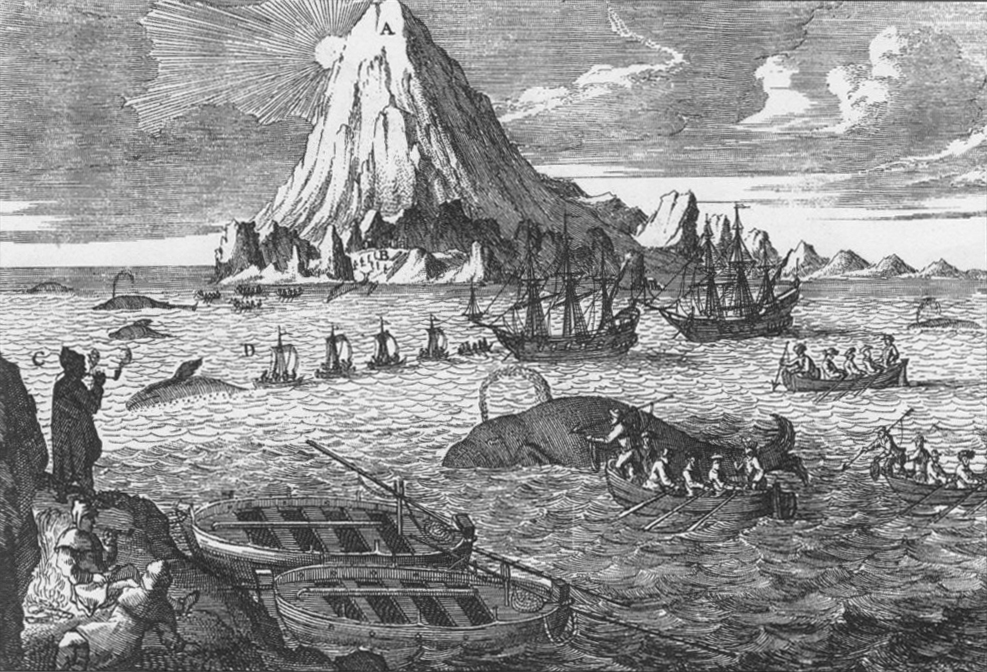|
List Of Ships Named Cicero
Several ships have been named ''Cicero'' after the Roman statesman, orator, lawyer, and philosopher Cicero: * was launched at Sunderland and initially sailed as a West Indiaman. She was briefly captured in 1799. She went whale hunting both in the northern whale fishery (1803-1808), and the southern whale fishery (1816-1823). She capsized at Limerick in September 1832 and was condemned there. *, of 227 tons (bm), was built in the Smith Yard in Boston. * was launched at Hull as a whaler. She made six full voyages to the northern whale fishery and was lost in July 1826 on her seventh. *, of 226 or 252 tons (bm),was launched at Mattapoisett, Massachusetts. Between 1831 and 1882 she made 18 voyages as a whaler. She was abandoned and broken up in 1883. * was an iron ship of 1130 tons (NRT) and 1057 tons under deck, launched at Liverpool by Thomas Vernon & Son, Liverpool. ''Cicero'' transferred her registry to Germany. On 11 November 1890 she left Shields with a cargo of coal for Valpara ... [...More Info...] [...Related Items...] OR: [Wikipedia] [Google] [Baidu] |
Cicero
Marcus Tullius Cicero ( ; ; 3 January 106 BC – 7 December 43 BC) was a Roman statesman, lawyer, scholar, philosopher, and academic skeptic, who tried to uphold optimate principles during the political crises that led to the establishment of the Roman Empire. His extensive writings include treatises on rhetoric, philosophy and politics, and he is considered one of Rome's greatest orators and prose stylists. He came from a wealthy municipal family of the Roman equestrian order, and served as consul in 63 BC. His influence on the Latin language was immense. He wrote more than three-quarters of extant Latin literature that is known to have existed in his lifetime, and it has been said that subsequent prose was either a reaction against or a return to his style, not only in Latin but in European languages up to the 19th century. Cicero introduced into Latin the arguments of the chief schools of Hellenistic philosophy and created a Latin philosophical vocabulary ... [...More Info...] [...Related Items...] OR: [Wikipedia] [Google] [Baidu] |
West Indiaman
West Indiaman was a general name for any merchantman sailing ship making runs from the Old World to the West Indies and the east coast of the Americas. These ships were generally strong ocean-going ships capable of handling storms in the Atlantic Ocean. The term was used to refer to vessels belonging to the Danish (e.g. ), Dutch, English, and French (e.g. ) West India companies. Similarly, at the time (18th and 19th centuries) people also referred to East Indiamen (ships trading with the East Indies), Guineamen (slave ships), or Greenlandmen ( whalers in the North Seas whale fishery). British West Indiamen tended to be London-built and to sail directly from England (generally London), to the West Indies. Guineamen tended to be built (or owned) in Bristol and Liverpool, and to sail from Bristol or Liverpool via West Africa in what is now often referred to as the triangular trade in enslaved people. There were London-based Guineamen, (for example ), and Liverpool-based West Indiam ... [...More Info...] [...Related Items...] OR: [Wikipedia] [Google] [Baidu] |
Whale Hunting
Whaling is the process of hunting of whales for their usable products such as meat and blubber, which can be turned into a type of oil that became increasingly important in the Industrial Revolution. It was practiced as an organized industry as early as 875 AD. By the 16th century, it had risen to be the principal industry in the Basque coastal regions of Spain and France. The industry spread throughout the world, and became increasingly profitable in terms of trade and resources. Some regions of the world's oceans, along the animals' migration routes, had a particularly dense whale population, and became the targets for large concentrations of whaling ships, and the industry continued to grow well into the 20th century. The depletion of some whale species to near extinction led to the banning of whaling in many countries by 1969, and to an international cessation of whaling as an industry in the late 1980s. The earliest known forms of whaling date to at least 3000 BC. Coastal ... [...More Info...] [...Related Items...] OR: [Wikipedia] [Google] [Baidu] |


